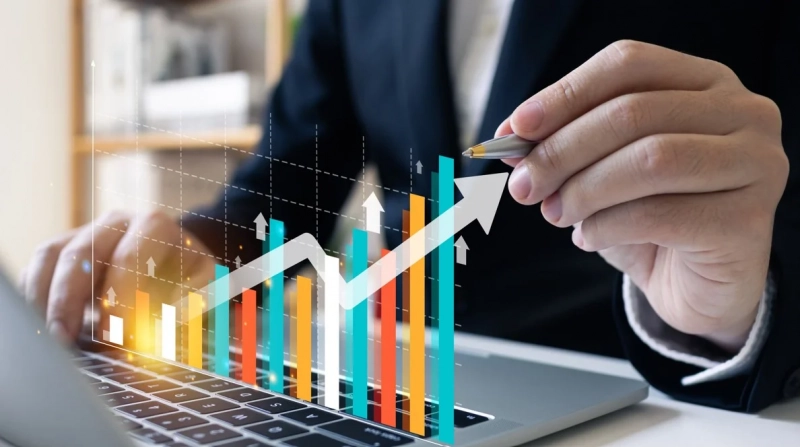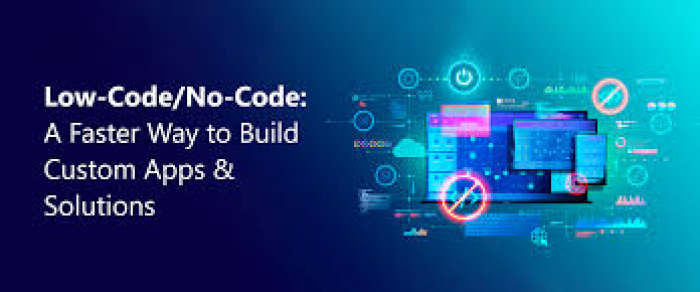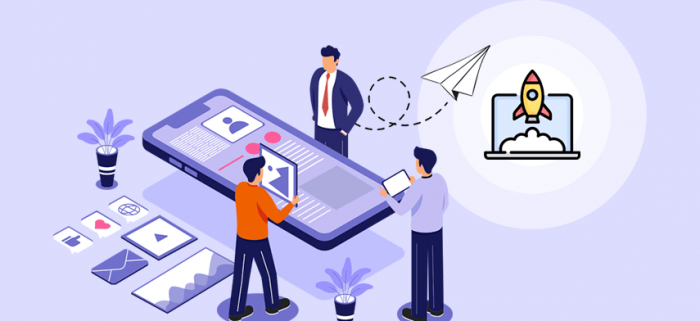Financial forecasting can be a game-changer for any business. It’s like having a crystal ball that shows you where your money is going, except it’s not magic, it’s math. And with the right tools, it doesn’t have to be a headache. Accounting software is one of those tools. But how can it help with forecasting? Let’s break it down.
What is Financial Forecasting?
Before we dive into the techy stuff, let’s talk about what financial forecasting actually is. Think of it as your financial GPS. It’s the process of predicting where your business is headed financially. This could include sales projections, cash flow estimates, and budgeting for expenses. Essentially, you’re trying to get a glimpse into the future so you can make smarter decisions today.
Why is it important? Well, you can’t drive a car without a map, right? The same goes for your business. If you don’t know where your money is going, you’ll end up in a financial dead end. Forecasting helps businesses predict revenue, understand potential costs, and plan for upcoming financial challenges.
The Common Struggles of Financial Forecasting

Now, forecasting sounds great, but it isn’t always a walk in the park. In fact, many businesses struggle to get it right. So what’s the problem?
First off, manual forecasting is prone to errors. You’re working with a lot of numbers; small mistakes can lead to big problems down the line. If you’re relying on spreadsheets or outdated software, you’re likely spending way too much time on manual updates and calculations, which leaves room for mistakes. And even if you do get the numbers right, they’re often outdated by the time you review them.
The challenge of using old systems or paper-based methods is that you’re missing out on real-time data, and the business world moves fast. Outdated forecasts could lead you to make decisions based on information that’s already irrelevant.
How Accounting Software Streamlines Financial Forecasting
Here’s where accounting software comes in. Imagine if you could automatically track and update your financials in real-time, without lifting a finger. Sounds pretty amazing, right? That’s exactly what accounting software offers.
- Real-time data integration and automation: One of the biggest advantages of accounting software is its ability to integrate data from various sources. Instead of having to manually enter numbers or pull information from different places, accounting software automatically syncs with your bank accounts, payment processors, and other financial systems. This real-time data ensures your forecast is as up-to-date as possible, which means you can make decisions based on the most current financial situation.
- Reducing manual errors: When you’re inputting data by hand, it’s easy to make mistakes. A typo in one cell could throw off your entire financial picture. With business accounting software, you eliminate the risk of human error, which can often occur when manually entering numbers, leading to costly mistakes that throw off your entire financial picture. Since the software pulls data automatically, you can trust that it’s accurate, and you can focus your energy on analyzing the data, rather than worrying about whether you entered everything correctly.
- Tracking historical trends: Forecasting isn’t just about looking at what’s happening right now. You also need to understand past performance to predict future trends. Accounting software makes it easy to track historical data, whether it’s sales patterns or cash flow trends. With this information at your fingertips, you can spot patterns and better predict future outcomes.
Key Features of Accounting Software That Improve Forecasting
Alright, so we know that accounting software can help streamline your forecasting. But what exactly are the key features that make it so effective?
- Customizable reporting tools: Every business is different. That means the forecasting reports you need might not look the same as someone else’s. With accounting software, you can tailor reports to suit your business’s unique needs. You can create detailed projections, analyze different scenarios, and visualize trends. These tools give you a clearer picture of where your business is headed and help you make more informed decisions.
- Forecasting models for different scenarios: One of the coolest features of modern accounting software is its ability to model different financial scenarios. What if sales dip next quarter? What if you have unexpected expenses? With forecasting models, you can simulate a variety of situations and see how your business might respond. This helps you be proactive, rather than reactive. You’ll always be prepared, no matter what happens.
- Integration with other business tools: The best accounting software doesn’t operate in a vacuum. It can integrate with other tools you use, like customer relationship management (CRM) systems, payroll software, or inventory management systems. This gives you a holistic view of your business’s financial health and makes it easier to predict future trends. Instead of bouncing between platforms, you get everything in one place.
The Benefits of Using Accounting Software for Forecasting
You might be thinking, “Okay, this sounds good, but how does it really help me?” Let’s talk about the actual benefits.
- Increased accuracy: When your data is accurate, your forecasts will be too. Accounting software ensures your financial data is up-to-date, which leads to more precise forecasting. The result? Fewer surprises and better decision-making.
Saves time: If you’re still relying on spreadsheets, you know how time-consuming it can be to gather and input data. Accounting software automates a lot of the heavy lifting, so you don’t have to spend hours updating financial records. This means you can spend more time on strategy and less time crunching numbers. - Improves decision-making: Good decisions are based on good data. When you have a clear, accurate picture of your financial situation, you can make smarter, more confident decisions. Whether you’re deciding to expand your business, hire new staff, or invest in marketing, forecasting with accounting software helps you understand the potential financial impact of those decisions.
- Proactive adjustments: Financial forecasting isn’t just about looking into the future; it’s about making adjustments in the present. With accurate forecasts, you can spot potential problems before they become major issues. You might notice cash flow problems creeping up or see that your expenses are higher than expected. With this knowledge, you can adjust your plans accordingly to avoid any financial pitfalls.
Conclusion: Is Accounting Software the Future of Financial Forecasting?
If you’re not using accounting software to forecast, you might be leaving money on the table. It’s not just about crunching numbers; it’s about having the tools you need to make smarter, data-driven decisions. The benefits are clear: better accuracy, time savings, and a more proactive approach to managing your finances.
So, what are you waiting for? If you haven’t already, it might be time to consider upgrading to accounting software. After all, the future of your business is in your hands, and it’s a lot easier to steer when you’ve got the right tools.
Post Comment
Be the first to post comment!
Related Articles

Low-Code Platforms for Building Applications
Aug 4, 2025 . Marketing
Best DevOps Deployment Tools
Aug 4, 2025 . Marketing